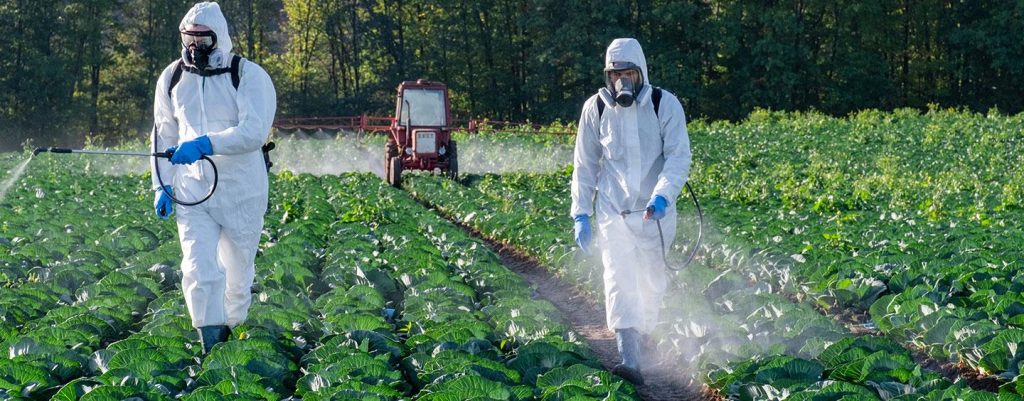
Chemical agricultural products, also known as agrochemicals, are substances synthesized or manufactured for use in agricultural practices. These products include fertilizers, pesticides, herbicides, and plant growth regulators. Agrochemicals have played a significant role in modern agriculture by increasing crop yields, protecting plants from pests and diseases, and improving overall productivity.
Fertilizers provide essential nutrients to plants, boosting their growth and enhancing their ability to produce higher yields. Pesticides and herbicides help control insects, weeds, and other pests that can damage crops and reduce their quality and quantity. Additionally, plant growth regulators are used to manipulate plant growth processes, such as flowering and fruiting, to optimize yield and quality. While chemical agricultural products have contributed to increased food production and improved crop health, their usage also raises concerns about potential environmental and health impacts. Excessive or improper application of agrochemicals can lead to soil and water pollution, harm beneficial organisms, and pose risks to human health. To address these concerns, there has been a growing emphasis on the development and adoption of sustainable agricultural practices, including integrated pest management, organic farming, and the judicious use of agrochemicals. Striking a balance between the benefits and risks associated with chemical agricultural products is crucial for ensuring sustainable and responsible farming practices in the future.
